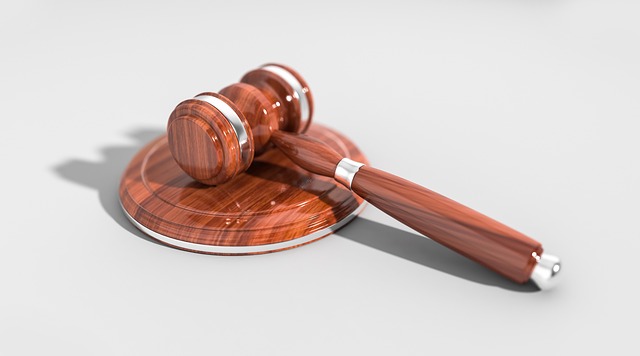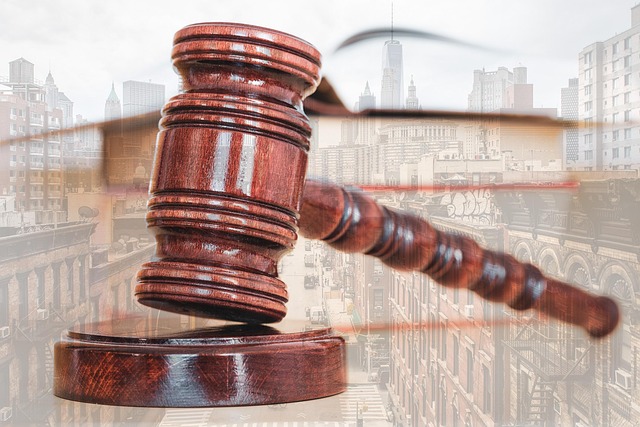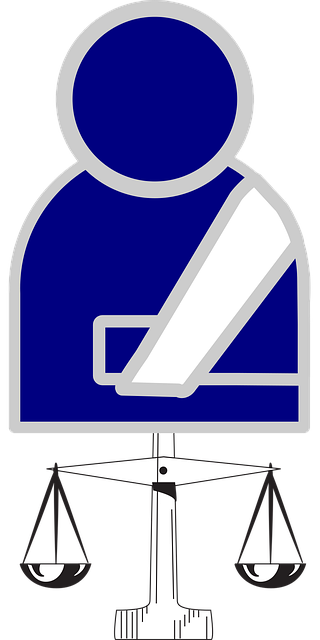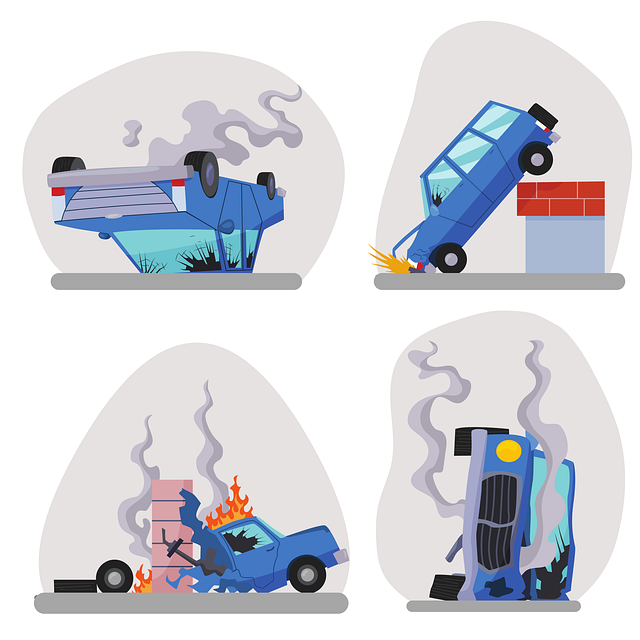Understanding eligibility criteria is crucial when contemplating an injury lawsuit filing. While not all injuries qualify, serious ones, especially from truck accidents causing significant physical pain, permanent disabilities, or substantial financial loss, often meet the standards. Specialized attorneys guide through liability and injury severity, provide tailored advice, and help determine appropriate legal steps for cases like slip and fall incidents, partnership disputes, and contract disagreements. Evaluating medical bills, pain, and income loss initially, gathering evidence, and consulting a lawyer are key to filing a successful injury lawsuit filing.
Are you considering filing an injury lawsuit? Understanding what qualifies as an eligible case is crucial. This comprehensive guide explores the essential criteria for pursuing legal action, shedding light on common types of injuries that can lead to significant compensation. From understanding eligibility to navigating the filing process, we’ll equip you with knowledge to make informed decisions. Discover your rights and take the first step towards justice by learning what constitutes a viable injury lawsuit.
- Understanding Eligibility Criteria for Injury Lawsuits
- Common Types of Injuries That Can Lead to Legal Action
- The Process of Filing a Lawsuit After an Injury
Understanding Eligibility Criteria for Injury Lawsuits

When considering whether to file an injury lawsuit, it’s crucial to understand the eligibility criteria. Not all injuries automatically qualify for legal action. The key factors involve determining liability—proving that another party’s negligence or intentional act caused your harm—and assessing the severity of the injuries sustained. A personal injury lawyer can help navigate these complex issues.
Serious injuries, such as those resulting from a truck accident, that cause significant physical pain, permanent disabilities, or substantial financial loss, often meet the criteria for an injury lawsuit filing. If you’ve suffered through such experiences, connecting with a truck accident attorney can provide guidance tailored to your unique situation and help determine the best course of legal action.
Common Types of Injuries That Can Lead to Legal Action

Many types of injuries can potentially lead to an injury lawsuit filing, depending on the circumstances and the severity of harm caused. When considering legal action, it’s important to understand that not all injuries automatically qualify, but several common categories often fall under this umbrella. One of the most prevalent is slip and fall incidents, which can result in significant injuries, especially when property owners or managers are negligent in maintaining safe premises.
Another set of cases involves partnership disputes and contract disputes. These scenarios may arise from business partnerships or contractual agreements where one party suffers harm due to a breach of contract, misrepresentation, or negligence. The impact can range from financial losses to physical injuries, depending on the nature of the dispute, and individuals or entities may seek legal redress through injury lawsuit filings.
The Process of Filing a Lawsuit After an Injury

After sustaining an injury, individuals often wonder if they have a case worthy of pursuing through an injury lawsuit filing. The process begins with understanding the severity and nature of the harm caused. If the injury is significant enough to result in medical bills, physical pain, or loss of income, it may be worth considering legal action. A personal injury lawyer can play a pivotal role at this juncture, evaluating the case and advising on the best course of action.
The initial steps involve gathering evidence—medical records, police reports, witness statements—to strengthen the claim. In cases like truck accidents or wrongful death, where liability is complex, an experienced truck accident attorney becomes invaluable. They navigate the legal system, file a lawsuit, and represent the claimant in negotiations or court proceedings to ensure fair compensation for the injury suffered.
When considering whether to file an injury lawsuit, understanding the eligibility criteria and common types of qualifying injuries is essential. By familiarizing yourself with the process and knowing what counts as compensable harm, you can make informed decisions regarding your legal options. Remember that each case is unique, so consulting a qualified attorney is crucial for navigating the complexities of personal injury law and ensuring the best possible outcome in an injury lawsuit filing.






